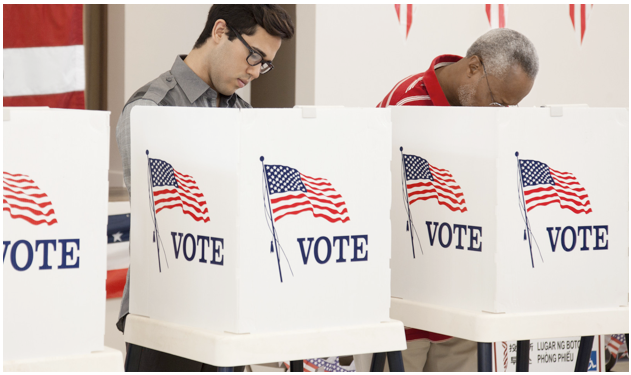CommentsDEEGAN ON LA —The “invisibles”--those that cannot be missed but are easily ignored--are everywhere as they shelter in place on the streets throughout the city. They are the homeless, who learned they were not friendless after they won a victory at the ballot box on election day.
When the votes were counted, the good news for the city’s huge homeless population, and people that care about them, was that housing is on the way. While it will not materialize overnight--some estimates are that a two year wait may be realistic--this is still good news for anyone that has been urging the city to come to grips with the growing social and civic problem of how to house the homeless.
The politicos’ plight of finding some success with what seems an intractable problem has been met with a resounding call to action by selfless voters that had nothing material to gain or future benefit, but simply compassion for people less fortunate than them. The size of the city’s heart can be measured by the 76% vote margin for approval of Prop HHH, that was significantly higher than the two-thirds needed to pass the measure.
What to do to resolve homelessness has been an embarrassment to city leaders that have issued statement after statement for the past eighteen months suggesting how they may help resolve the issue. Finally, they have found a start to a solution. Let’s hope they keep on this path.
Tuesday’s voter approval of Prop HHH, the Homeless Reduction and Prevention, Housing, and Facilities Bond Measure
Those with real property will be financing housing for those with nothing to their name, in a neat act of symmetry between the haves and the have-nots. A tax base will be created by an average annual assessment of $32.87 on property owners for the next 29 years.
But, this is just step one. What must come next is financing for social services that includes mental health treatment, health care, drug and alcohol treatment, education and job training. Some of this may already be provided by non-profits or private entities and the city, but lots more social services financing is required. Experts, like the federal department of Housing and Urban Development, and the city’s Homeless Services Authority, claim that housing the homeless first, and then providing services, is the most effective model.
Exactly who is affected by the implementation of Prop HHH? Four groups stand out: the homeless themselves, who will benefit from the new housing, property owners who will finance the housing through a tax assessment, the residents of the city who demonstrated the civic lesson that, in a collective society, we really are our brother’s keepers, and our political leaders who finally have something solid to point to in their quest for helping the homeless in a meaningful way.
But, that's only half of it. A second financing mechanism, likely some form of an additional tax, will be needed to provide for services for the newly-to-be-housed homeless. That measure may wind up on the March 2017 ballot. That’s the catch—Prop HHH is just the beginning.
What’s next? Understanding that housing is not the full solution, but that support systems through social services must be tied in, the county supervisors have an opportunity, in the March 2017 elections, to put a measure on the ballot for this purpose, and most likely will. Said Supervisor Mark Ridley-Thomas, a relentless advocate of finding solutions to the homeless issue, “With the passage of HHH, it's now time for the County to step up to provide critical supportive services for the homeless."
(Tim Deegan is a long-time resident and community leader in the Miracle Mile, who has served as board chair at the Mid City West Community Council and on the board of the Miracle Mile Civic Coalition. Tim can be reached at [email protected].)
-cw
Sidebar

 CityWatch Los Angeles
Politics. Perspective. Participation.
CityWatch Los Angeles
Politics. Perspective. Participation.
19
Fri, Apr














